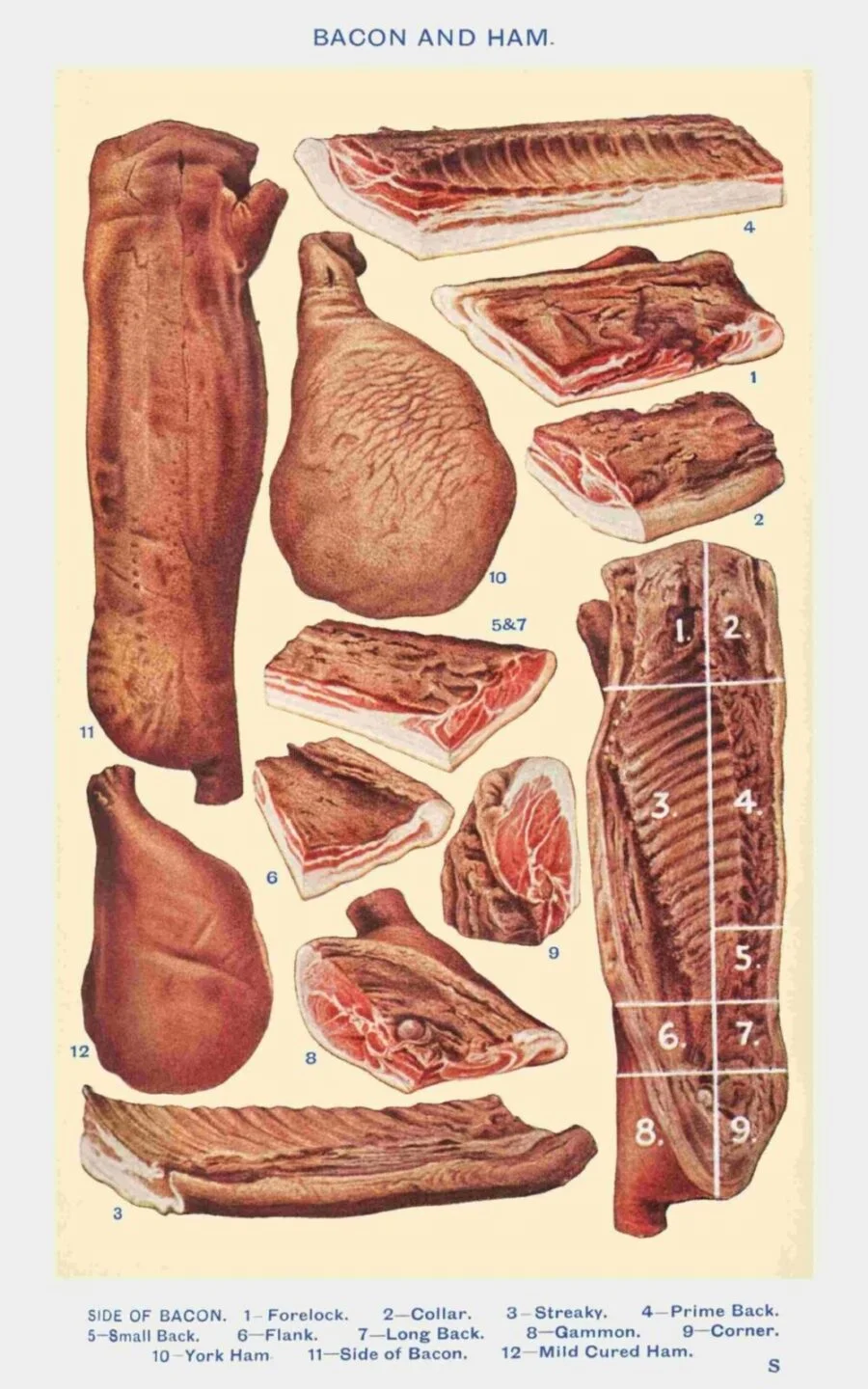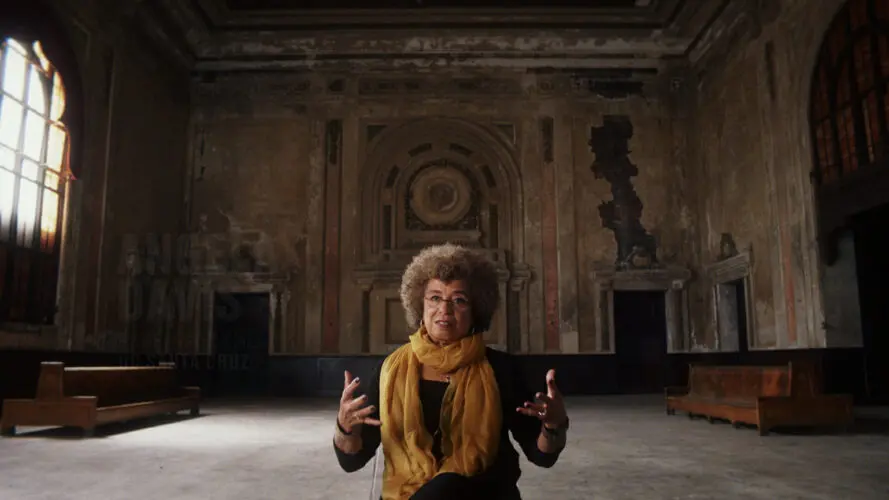
The Vegetarian by Han Kang | A Book About A Female Body
Author
Year
Format
The Vegetarian by South Korean Nobel-Prize-winner Han Kang is a novel in three parts first published in 2007 and translated into more than twenty languages. It is based on Han’s 1997 short story The Fruit of My Woman, where a woman turns literally into a plant. As she said in an interview with the New York Times, she partly took inspiration from the words written by the Korean poet Yi Sang: “I believe that humans should be plants”.
The Vegetarian develops different narrative layers with dark and fierce tones. While the vegetarian diet remains only marginal, the similarities between animals‘ oppression and human females acquire centrality. The protagonist Yeong-hye, a part-time graphic designer living with her husband in Seoul, decides to become a vegetarian after a disturbing dream. This choice of self-determination and respecting other creatures will lead her to isolation and conflict, especially with the male members of her family. The female body becomes not only a battlefield but also a refuge and the last determination of the novel’s protagonist.
Patriarchy and the sexual politics of meat
As Han herself explains in a 2016 interview, several universal questions occupied her while she was writing The Vegetarian:
…questioning human violence and the (im)possibility of innocence; defining sanity and madness; the (im)possibility of understanding others, body as the last refuge or the last determination, and some more. It will be inevitable that different aspects are more focused on by different readers and cultural backgrounds. If I could say one thing, this novel isn’t a singular indictment of the Korean patriarchy. I wanted to deal with my long-lasting questions about the possibility/impossibility of innocence in this world, which is mingled with such violence and beauty.
However, a large number of female readers all over the world focused on Han’s critique of patriarchy. Many even welcomed The Vegetarian as a new ecofeminist manifesto. The protagonist of the novel sees vegetarianism as a way to harm nothing while asserting her identity and freedom.
For American feminist Andrée Collard,
under patriarchy as a social order, nature, animals and women are objectified, owned and are subject to male control over their reproductive systems.
(Rape of the Wild: Man’s Violence against Animals and the Earth, 1989)
This explains why Yeong-hye takes vegetarianism to extremes and ends up hurting herself to claim the existential right on her body. Following a climax recalling those of ancient Greek tragedies, the heroine is ready to sacrifice her life for her ideals and self-affirmation. Yeong-hye’s body is the only thing she can control and exercise power upon.
Talking about (some)body
In The Vegetarian, short and cutting sentences deliver strong images. Evocative scenes, like Yeong-hye’s purple Mongolian mark transformed into art through body painting or Yeong-hye standing stock-still and soaked with rain on a slope as one of the glistening trees around her, stick to the reader’s mind. These images have the vividness of expressionists’ paintings, to which the author refers when admitting that the greatest source of inspiration for her writing is visual art. She always hangs a self-portrait of the German painter Käthe Kollwitz on the wall of her room wherever she goes.
A different character tells each part of the novel. Yeong-hye’s husband narrates the first section titled The Vegetarian; Mongolian Mark, the second one, is narrated in third person and is about Yeong-hye’s brother-in-law. The last one, Flaming Trees, remains in third person but focuses on the protagonist’s sister. Yeong-hye is never the narrator, her perspective is not really given, and the readers gets to know her through the gaze and interpretations of the male characters of the book. The protagonist’s agency reaches the reader through her actions rather than her words. It seems to hark back to “Can the Subaltern Speak?” the title of one of the essays by Gayatri Chakravorty Spivak, the Indian-American literary theorist and author of A Critique of Postcolonial Reason. Because of Yeong-hye’s social condition, she can only communicate through disciplining her body.
Fame through translations
As a daughter of art, Han started writing quite early. She published her first poems in 1993, at the age of 23. She then switched to narrative, publishing among others the story collection Love of Yeosu (1995) and the novels The Black Deer (1998) and Your Cold Hand (2002).
Han’s breakthrough happened only later on, with The Vegetarian and its many translations. In 2016, its English translation by Deborah Smith won the Man Booker International Prize. It became the first recipient of the award for a single novel. It beat the two favorites: The Story of the Lost Child by the Italian writer Elena Ferrante and A Strangeness in My Mind by Turkish writer Orhan Pamuk. The same year, Time included The Vegetarian, which sold more than 20,000 copies, in its list of best books of 2016. A homonym erotic horror drama film by director Lim Woo-Seong appeared in 2009.
The impact of her writing leads Han Kang to win the Nobel Prize in Literature 2024, “for her intense poetic prose that confronts historical traumas and exposes the fragility of human life”.
Tag
Buy a ☕ for Hypercritic










